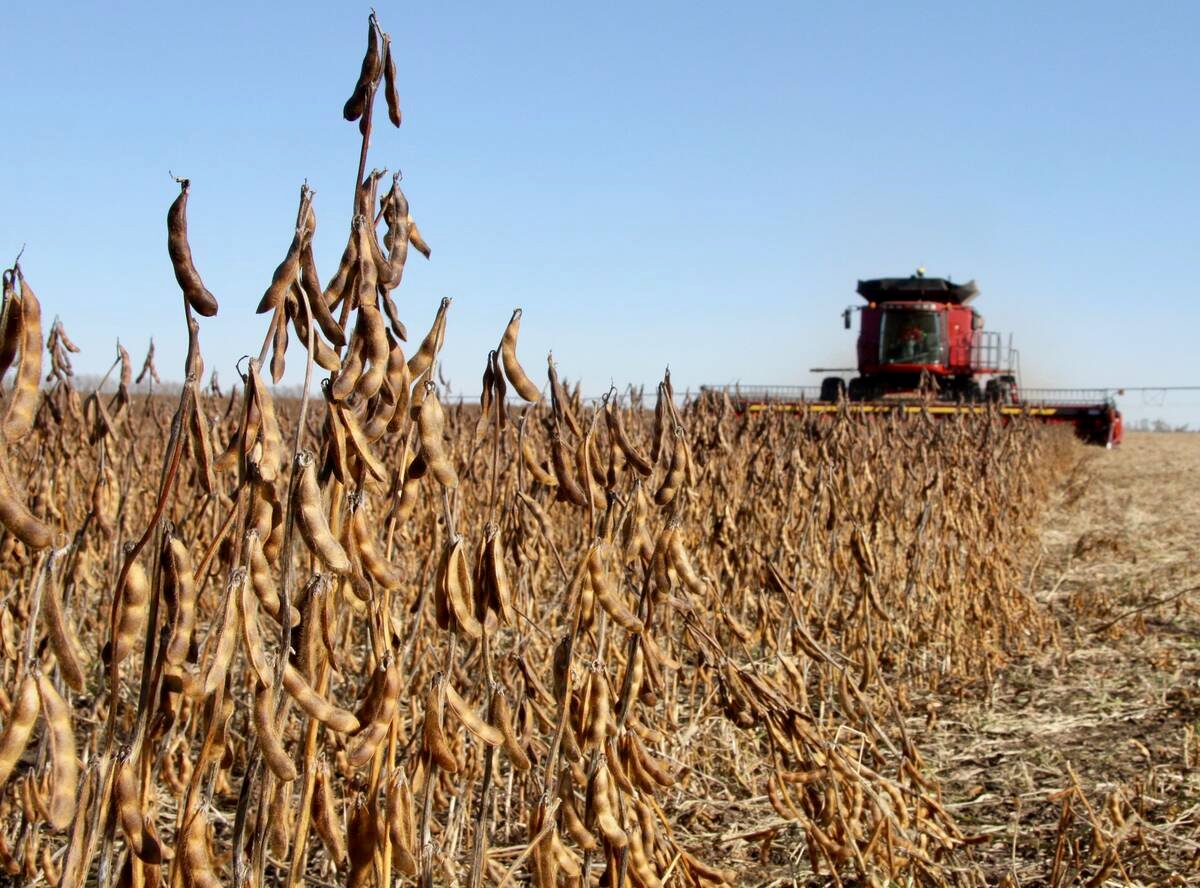Talks aimed at ending a month-long container truckers’ strike at Vancouver broke off July 28 with no agreement.
The federal official working to end the dispute was to submit a series of non-binding recommendations the next day to the 1,200 drivers and their employers in a bid to end the increasingly bitter impasse.
Any response would be too late for the Western Producer’s deadline.
The truckers, who haul loaded containers from stuffing facilities to export terminals, have been on strike since June 28 in a dispute over money and scheduling.
Read Also

U.S. soybean crop was not all roses this year
The USDA is forecasting record U.S. soybean yields but for some growers it was a disastrous year due to excess moisture.
About 40 percent of Canada’s special crops are exported in containers, most of which are shipped to the port in bulk and stuffed.
The striking truck drivers couldn’t have picked a worse time to shut down the port as far as special crop growers and merchants are concerned.
“Farmers are facing two pressures,” said Murad Al-Katib, president of Saskcan Pulse Trading Inc. based in Regina.
“Their bins are full of old crop and there’s a huge new crop coming in.”
Carryover stocks of pulses and other special crops from last year are projected to be 1.7 million tonnes July 31, about 390,000 tonnes higher than the three-year average.
The industry traditionally uses the late July and early August period to complete sales to liquidate the old crop.
Processors are facing the same pressures as producers, said Al-Katib.
“Our bins are filled with old crop and we have new crop deliveries we’re contracted to start taking in about two weeks.”
As well, he said July deliveries often carry a premium price over new crop due to supply-demand pressures as the year winds down.
Organizations representing special crop growers and processors have become increasingly vocal in the past two weeks calling on the federal and British Columbia governments to end the shutdown.
They say Canada’s reputation as a reliable supplier of product to overseas buyers, already on shaky ground after strikes and poor quality crops in the last two years, hangs in the balance.
“These contracts that are not able to be delivered are going to be cancelled by buyers and they’ll find alternative suppliers,” said Al-Katib.
“We’re losing customers, losing face and losing reputation.”
Politicians have also gotten involved in the issue, with Conservative MP Carol Skelton (Saskatoon-Rosetown-Biggar) demanding the government take a more active role in trying to end the dispute.
“If this dispute continues unsettled for much longer, the consequences may be devastating,” she said in a July 26 News release
news.
Aside from millions of dollars being lost as a result of cancelled sales, Al-Katib said processors are facing huge demurrage charges from the railways.
The special crops industry has asked the two national railways for some blanket relief from those charges.
However Canadian Pacific Railway spokesperson Len Cocolicchio said demurrage is a “private commercial matter” between the railway and individual customers and special arrangements will be dealt with through commercial discussions.
He added the CPR is concerned about the financial well-being of its customers and will work with them accordingly.
Canadian National Railway could not be reached for comment.














